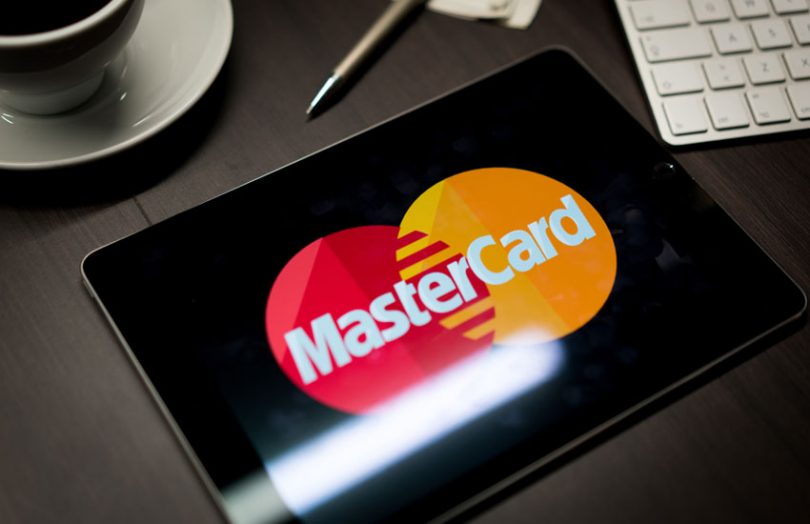In an article in yesterday’s Financial Times (FT), Mastercard CEO Ajay Banga was forthright in his concerns about the Libra digital currency project. They include a lack of willingness to put verbal compliance commitments into writing. The absence of a clear business model could mean that money would be “made in ways you don’t like”. And discomfort over the altruistic financial inclusion concept alongside a proprietary digital wallet, Facebook’s Calibra.
Facebook’s Libra project initially had a raft of big names who expressed interest and were announced at the unveiling. A significant regulatory backlash followed. And when it came to signing up, most of the payments firms, as well as others, pulled out. They included Mastercard, Visa, Paypal, Stripe, eBay, Mercado Pago and Booking.com. Additionally, Vodafone withdrew just two weeks ago, leaving 20 remaining members such as Facebook’s Calibra wallet, Uber, Lyft and Spotify.
Last year, when Mastercard dropped out of the blockchain project, it set out a list of guidelines for involvement in other distributed ledger technology (DLT) projects. Any projects need to ensure consumer protection, both privacy and security, regulatory compliance and a level playing field for all stakeholders.
The CEO’s views on Libra
In yesterday’s FT article, Banga did not pull punches. Referring to know your client (KYC), anti-money laundering (AML) and data management processes, Banga said “all that . . . every time you talked to the main proponents of Libra, I said ‘Would you put that in writing?’ They wouldn’t.”
The second point was about how Libra might make money. In fairness to Libra, Facebook’s David Marcus has made it clear that the plan unveiled in June was the Libra first draft and the details would evolve based on external inputs. But the Mastercard CEO had major concerns. “When you don’t understand how money gets made, it gets made in ways you don’t like,” Banga told the FT.
Thirdly, the CEO didn’t buy the financial inclusion argument, mainly because of Facebook’s Calibra wallet. “It went from this altruistic idea into their own wallet. I’m like: ‘this doesn’t sound right’,” said Banga. He believes that for inclusion, it needs to be easy to understand, and a government has to be involved, presumably because in some countries, the government will make payments to citizens at the financial inclusion level.
While complexity is a valid argument, in challenged economies such as Zimbabwe, the average person on the street possibly has a better understanding of foreign exchange than a typical Westerner.
The proprietary wallet issue has been raised elsewhere. At the IMF meetings in October, Havard economic professor Jason Furman made the point about the need for interoperability and competition. Facebook would argue that there will be multiple Libra wallets. But only Calibra has a 2.5 billion ready audience.
The FT made the balancing argument that Mastercard might have self-serving reasons for pulling out, given that Libra might be a competitor to Mastercard or even an “existential threat.” However, that would have been obvious before agreeing in principle to participate, and it’s unlikely that all the payments companies had a deliberate strategy to drop out later.







